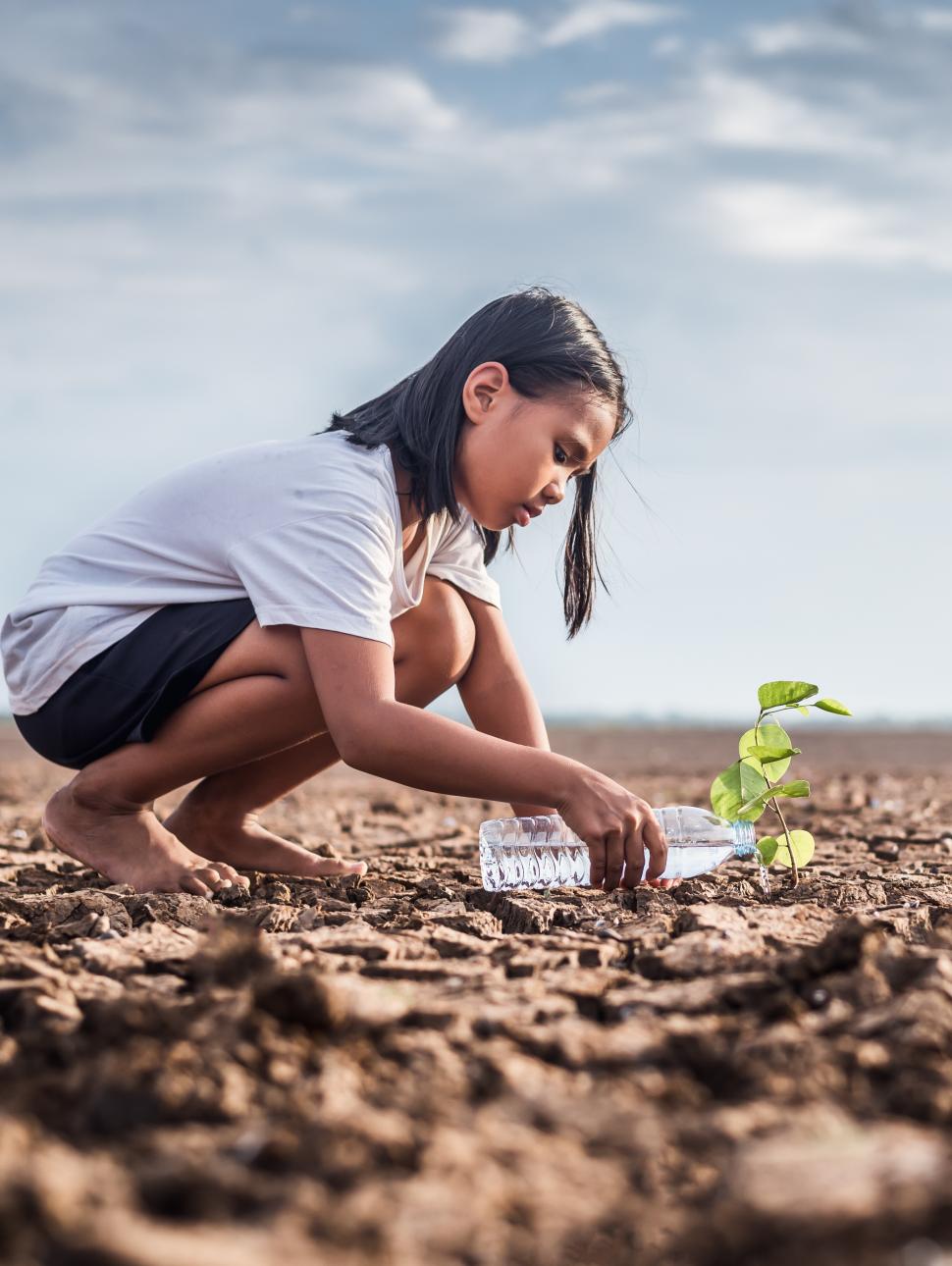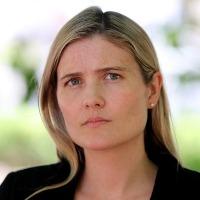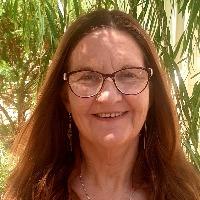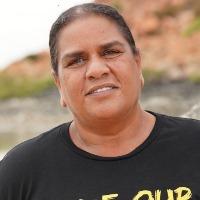
What does climate change have to do with human rights?
Dates
Thursday 11 August | 6.30pm – 9pm
Standard | $18
Concession | $16
Auslan | $16
Fan Member | $15
Friend Member | $13
Buy 4 or more In Conversation events in the series and receive 15% off the total purchased
Site access information
WA Museum Boola Bardip is fully accessible. Call 1300 134 081 for assistance. Accessible resources and programs >
Should climate change policies incorporate human rights principles?
The effects of climate change potentially threaten a broad range of internationally accepted human rights, such as the right to food, shelter, and work. Some of the policies designed to address climate change will likely have a detrimental impact on human rights, particularly of those who are disadvantaged.
This session will explore these impacts and consider why climate change policies should incorporate human rights principles.
MEET OUR FACILITATOR

Sophie McNeill is the Australia researcher for Human Rights Watch, based in Western Australia. She was formerly an investigative reporter with ABC TV’s Four Corners program where she produced programs on the Hong Kong protest movement and the mass arbitrary detention of Xinjiang’s Muslims by the Chinese government. Sophie was also a foreign correspondent for the ABC and SBS in the Middle East, working across the region in countries such as Iraq, Syria, Yemen, Egypt and Turkey, as well as Israel/Palestine. Sophie has twice been awarded Australian Young TV Journalist of the Year and in 2010 won a Walkley Award for her investigation into the killing of five children in Afghanistan by Australian Special Forces soldiers. She was also nominated for a Walkley in 2015 for her coverage of the Syrian refugee crisis. In 2016 she won two more Walkleys for her coverage of Yemen and besieged towns in Syria. Previously, she worked as a reporter for ABC’s Foreign Correspondent and SBS’s Dateline programs and she is a former host of triple j’s news and current affairs program Hack. She is the author of “We Can’t Say We Didn’t Know: Dispatches from an Age of Impunity.”
OUR SPEAKERS

Dr. Helen Brown
Dr. Helen Brown is a Health and Environment consultant with expertise across environmental and public health. She is the Chair of the Health Impact Assessment (HIA) Network Asia Pacific and has widespread experience in climate change adaptation and health in both training and research. Helen was the Director of the WHO Collaborating Centre for HIA at Curtin University from 2014 to 2021.

Jessica Panegyres
Jessica Panegyres is a climate and biodiversity specialist with over a decade’s experience working across environmental advocacy, law, policy, and education. She was a co-architect of the Queensland Land Restoration Fund and is currently the Head of Clean Energy Transition at Greenpeace Australia Pacific. A Rhodes Scholar, Jess’ extensive work with organisations such as Greenpeace and The Wilderness Society has seen her address the United Nations World Heritage Committee and appear on The Project (Network 10), ABC TV, Radio National, SBS, Al Jazeera and the BBC.

Josie Alec
Josie Alec is a traditional Healer and innovative product formulator. Josie is known across Australia and internationally for her work advocating for Indigenous rights as part of the climate impact conversation through Save Our Songlines. Most recently, Josie spoke at the United Nations in Geneva at 15th session of the Expert Mechanism on the Rights of Indigenous Peoples about threats to Aboriginal cultural heritage and the Burrup Peninsula.
In Conversation: Human Rights

In Conversation is a monthly series of thought-provoking topics exploring big questions, ideas and human narratives. Curated in collaboration with The Museum of Freedom and Tolerance (MFT), this series brings human rights stories to the foreground.
The eight-part discussion explores a range of contemporary human rights issues through stories of resilience and action, shining a spotlight on overcoming prejudices in the face of persistent challenges and slow progress. It asks the question, how do human rights affect us in our daily lives, and how can we better acknowledge our responsibilities in balancing any given right with the rights of others?